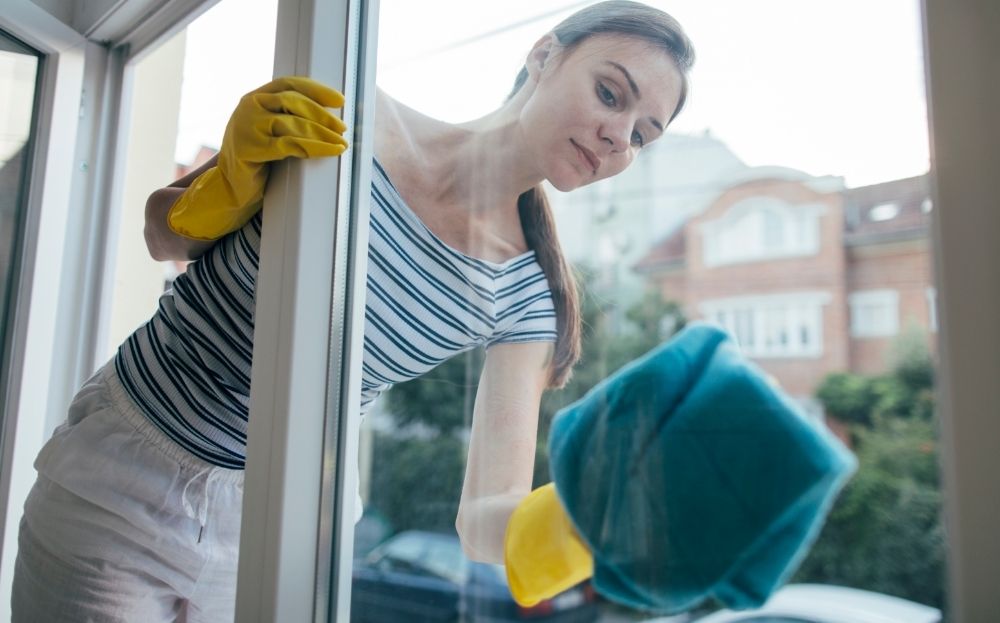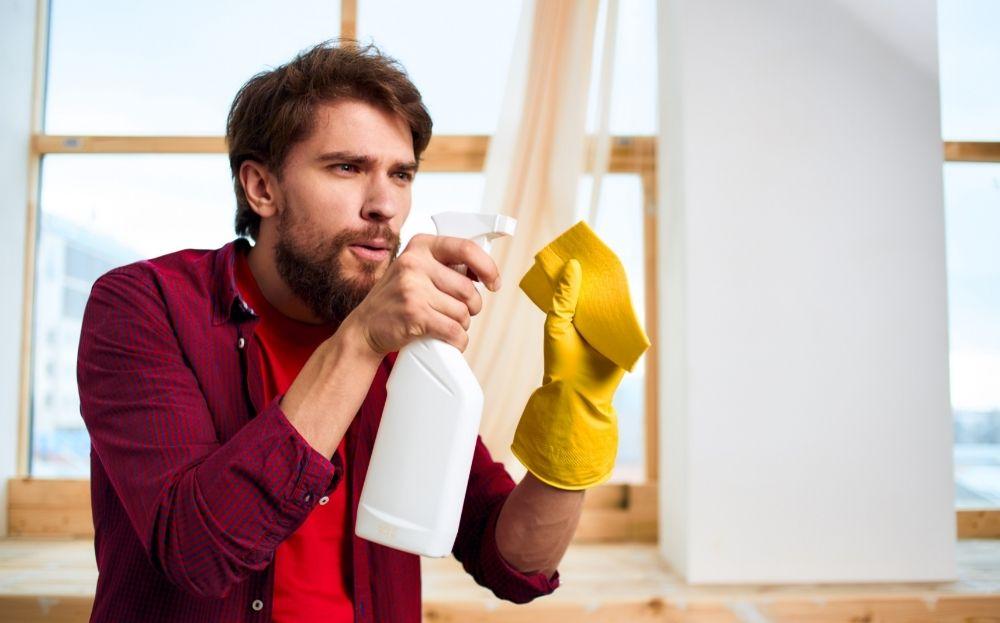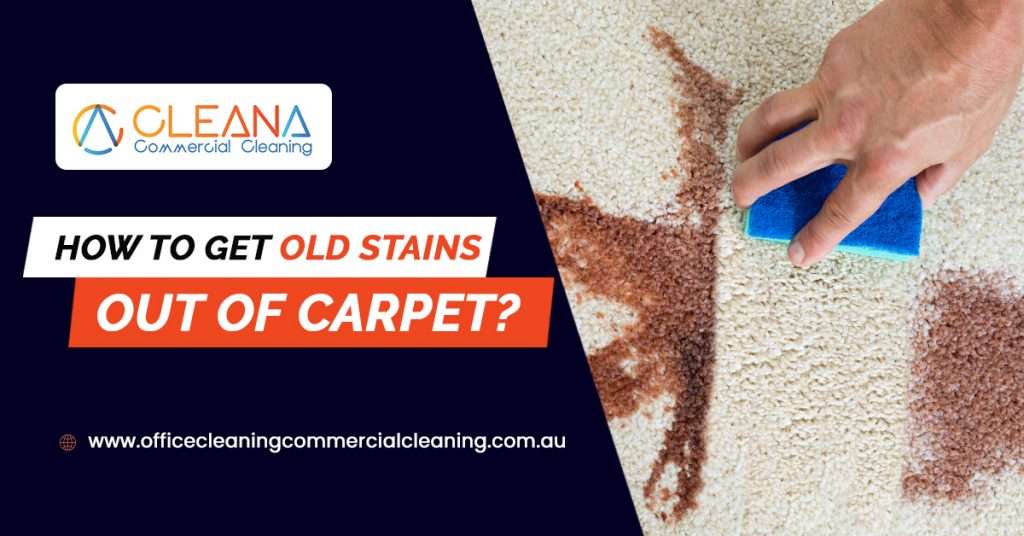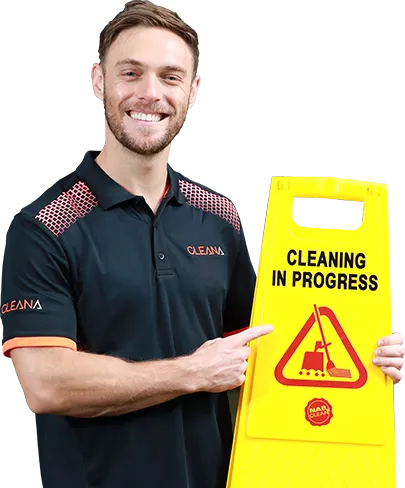When it comes to windows, it is usually much more convenient (as in, less effort for us) to call the professionals in to do the job of cleaning them. Not only do they get the work done faster, but they also, somehow, make the windows sparkle.
Whilst it is tempting to do this every time the sun glares on the windows which shows up as ‘hidden’ marks on the glass, especially when you have guests over, it is much more inexpensive and easier just to do it yourself.
Armed with the knowledge and know-how, you can easily transform your rain-stained windows the way your local window cleaner does. It is great to have someone come and do it for you, but it is also helpful to know how to clean a window yourself without making it go streaky.
We, CLEANA commercial cleaning services company have put together a simple guide to help you on your way to becoming a window cleaner pro. From old tricks to something new – we have it all here for you.
No Paper Towels

We could not go any further until we mentioned those pesky paper towels. Whilst it is a fairly common thing for a DIYer to use when it comes to cleaning windows, they just are not necessary for this situation.
If you are wanting to avoid streaking lines upon the glass, then paper towels should be forgotten about altogether. They are not good at removing the liquid residue off windows and will leave not only stains but bits of fibre too.
Also, you will have to go through quite a few of them per window if you want to attempt a streak-free finish – and that is not good for your wallet.
Instead, use the traditional squeegee or a lint-free microfiber cloth. Both of these are great alternatives to the paper towel and will not leave the streaky marks that you badly want to avoid.
Try A Newspaper
This might sound odd, but using a newspaper to wipe down the windows is a tried, tested, and trusted method when it comes to cleaning off the residue. Whilst it might not sound like it now, give it a go and see it for yourself.
What you will want to avoid is any glossy paper, as it will not work the same. Stick to a typical black and white newspaper print, and whilst you are at it, wear gloves too to avoid ink going all over your skin. Whilst not harmful, it is just annoying.
Newspaper not only avoids streaking on the glass, but it also adds extra shine – or at least we think so!
Avoid Too Many Bubbles
When we clean, whether it is our own body or a surface in the home, we usually make a connection that more bubbles equal extra cleaning power. Wrong!
Whilst it is always nice to see those bubbles forming, especially because it makes us feel like we are doing a good job when it comes to windows you will really want to avoid too many soap suds from forming.
If you find that you are creating bubbles as you clean the windows, do not panic, having them be a part of the cleaning process is absolutely normal. The key is to keep them on the down-low and avoid having too many that it turns into a bubble bath.
If you are making a simple mixture of warm water and dish soap, just be mindful of how much of the detergent you are adding to the mix – usually, a couple of drops are enough.
Actually, adding less will give you a better clean, and leave less residue on the window. This means that you should be able to avoid those streaky marks.
Homemade Cleaner

As mentioned above, the best way to avoid streaks on the window is to avoid too many bubbles, so making your own window cleaner is a good way to not only save some money but also to control how much dish soap you add to the mixture.
If you really do want to make your own window cleaner but would rather include more than just something you use to clean the dishes, or if the stains on the window are a little more stubborn, then there are a few ingredients you can try.
Rubbing alcohol has been used to clean and kill bacteria for a long time, and is a great way to thoroughly clean windows. In a spray bottle, add 2 quarts of rubbing alcohol to 2 quarts of water, and then add 2 to 3 drops of dish soap.
If you do not want to add dish soap, then instead use one ounce of soapy ammonia alongside 4 ounces of rubbing alcohol in around 3 cups of water.
Always use a spray bottle due to it being much easier to dispense the liquid when cleaning. Also, remember to label it so you can use it again without needing to create a whole new mixture and waste product at the same time.
Distilled White Vinegar
Just like with rubbing alcohol, white vinegar is a tried and tested way to clean inside the home – plus, it is something a lot of us already have in our kitchen cupboard.
Not only is it convenient and inexpensive, but it is also non-toxic making it completely safe and effective to use. It is also antibacterial, so will do a great job of killing any nasties that might be lurking on the glass.
To create, mix equal parts of water and vinegar into a spray bottle. This can then be used to spritz and then wipe down with a cloth.
You can also add rubbing alcohol if you wish, you will just need to change the mixture slightly. Instead of equal parts water and vinegar, mix 1 cup each of water and rubbing alcohol, and add in one tablespoon of vinegar.
Buff The Window
Even though you can use the right methods and try different ingredients, sometimes you will just be left with those annoying streaks on the glass. Whilst they cannot always be avoided, there is one last thing to try to get rid of them – buffing.
Buffing is a great solution if you have an odd streak as well, and it is simple to do. With a microfiber cloth, buff the area and the streak will be gone.
Final Words
Cleaning the windows yourself can seem like a daunting task, especially if you want a gleaming finish with no streaks that show up as soon as the sun shines. However, it is actually a really easy process, especially if you are armed with the knowledge to get the job done.
It is always best to stick with the basics, and always look in your own kitchen cupboard for quick alternatives when looking at liquid mixtures to use for the job. Something as simple as white vinegar can create beautiful clean windows, and buffing at the end can get rid of any stubborn streaks.
No matter what, nobody will likely see those random marks on the window but you, but it is always nice to remove them!


